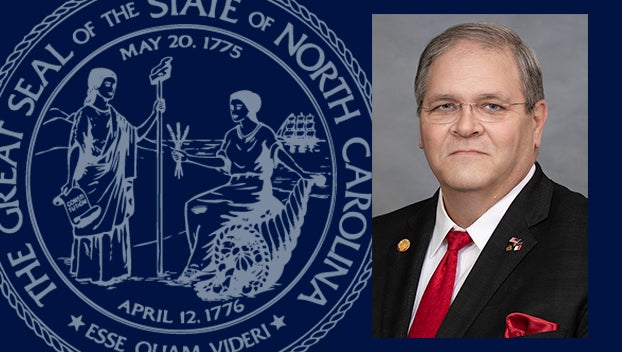Analysis would look at city’s power charges, make recommendations
Published 12:17 pm Monday, May 9, 2016
As a result of recent budget sessions, Washington’s City Council is scheduled today to consider allocating $24,500 for a study of its electric rates.
The study, if approved by the council, would be conducted by Utility Financial Services. If funded, the project would include a presentation to the council. The study’s cost would be defrayed in part by a $5,000 grant from ElectriCities, to which the city belongs. The study is expected to be completed six months after the contract is awarded, according to a city document. A cost-of-services study, among other things, is used to fairly assign charges to cover the costs of providing services to each customer class.
The council is expected to use the study findings when it considers modifying the city’s electric rates.
City staff and ElectriCities will perform load-management analysis and peak-shaving credit analysis, according to the document.
The council is considering adjusting the electric rate for industrial customers so they fairly share the burden of paying the city’s wholesale power cost. That consideration began during a council budget session in late April.
Councilman Doug Mercer believes the large general customers are not paying their fair share when it comes to the city buying power at its wholesale rate. Mercer contends the city’s residential power customers are using about 49 percent of “the energy that we sell” but generate 51 percent of the city’s income from electricity sales. “Conversely, the industrial customers are using 9.7 percent of the energy we sell, but they’re only generating 7.9 percent of the income,” he said at the budget session. “That says, to me, that we are selling to them at or below cost.”
Mercer said his calculations show the city pays 10.9 cent a kilowatt-hour when it buys power at its wholesale rate from the North Carolina Eastern Municipal Power Agency. “We are selling it to our industrial customers at seven cents. So, we’re selling to them … at sevens cents and we’re paying 10 cents,” he said in late April.
The council believes the city needs to increase its rate-stabilization fund regularly to provide revenue to offset future increases in the wholesale rate the city pays for power. Doing so would minimize possible retail rate increases in the future, according to city officials.
The proposed city budget keeps power rates at their current levels.
On Aug. 1, 2015, the city’s residential and small general-service customers received a 6-percent reduction in their rates.






